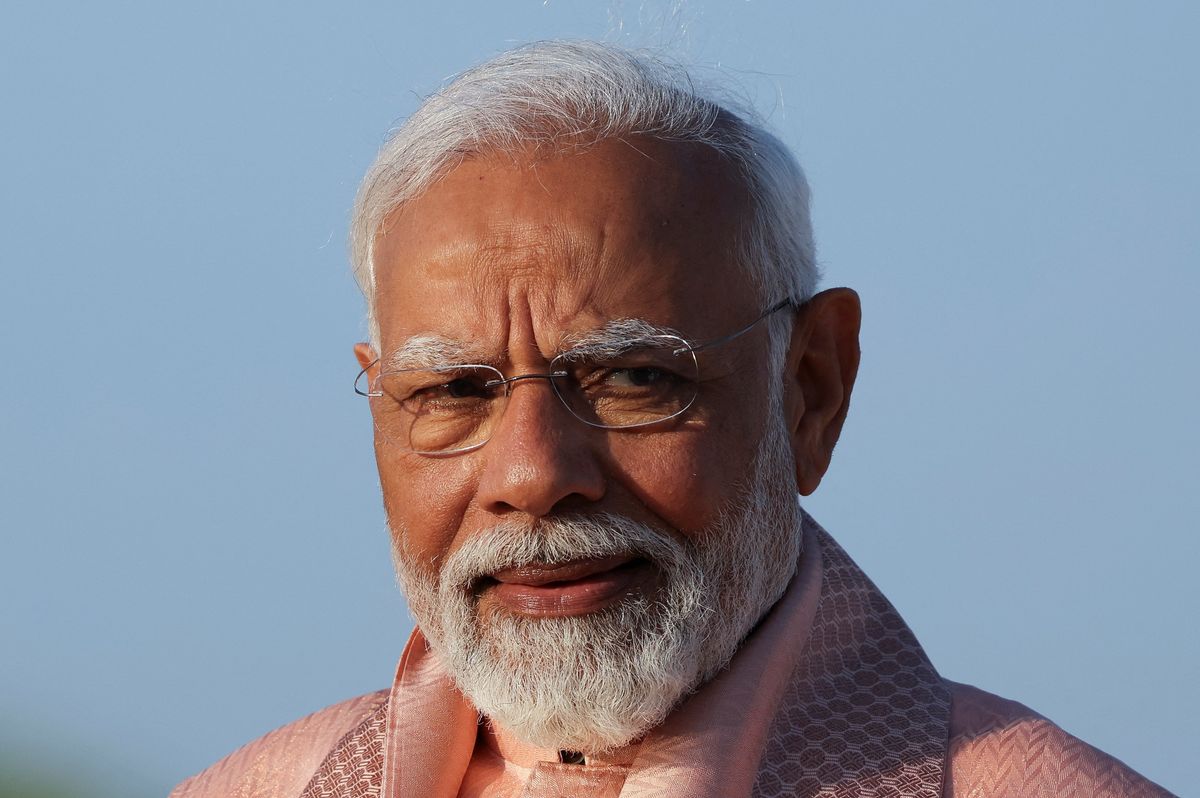Fresh out of Barnard College with a degree in political science, Riley is a writer and reporter for GZERO. When she isn’t writing about global politics, you can find her making GZERO’s crossword puzzles, conducting research on American politics, or persisting in her lifelong quest to learn French. Riley spends her time outside of work grilling, dancing, and wearing many hats (both literally and figuratively).
The Supreme Court in India, the country with the most expensive elections in the world, has outlawed anonymous political donations ahead of national elections this spring.
The ruling, which dropped on Thursday, strikes down the electoral bond scheme concocted by Prime Minister Narendra Modi’s ruling Bharatiya Janata Party. It allowed individuals and companies to send unlimited donations to political parties without the need to disclose their identity.
The ruling was praised by every political party besides the BJP, which received 85% of all donations and 90% of corporate donations in 2023.
Many criticize the decision as coming too late. The BJP has already amassed an extraordinary stockpile of anonymous donations – and it’s expected to maintain its majority because of its deep pockets and Modi’s strong approval ratings.
But the ruling brings political corruption to the forefront of the conversation in a country where voter bribery is common, and it could make future elections more fair and transparent.






